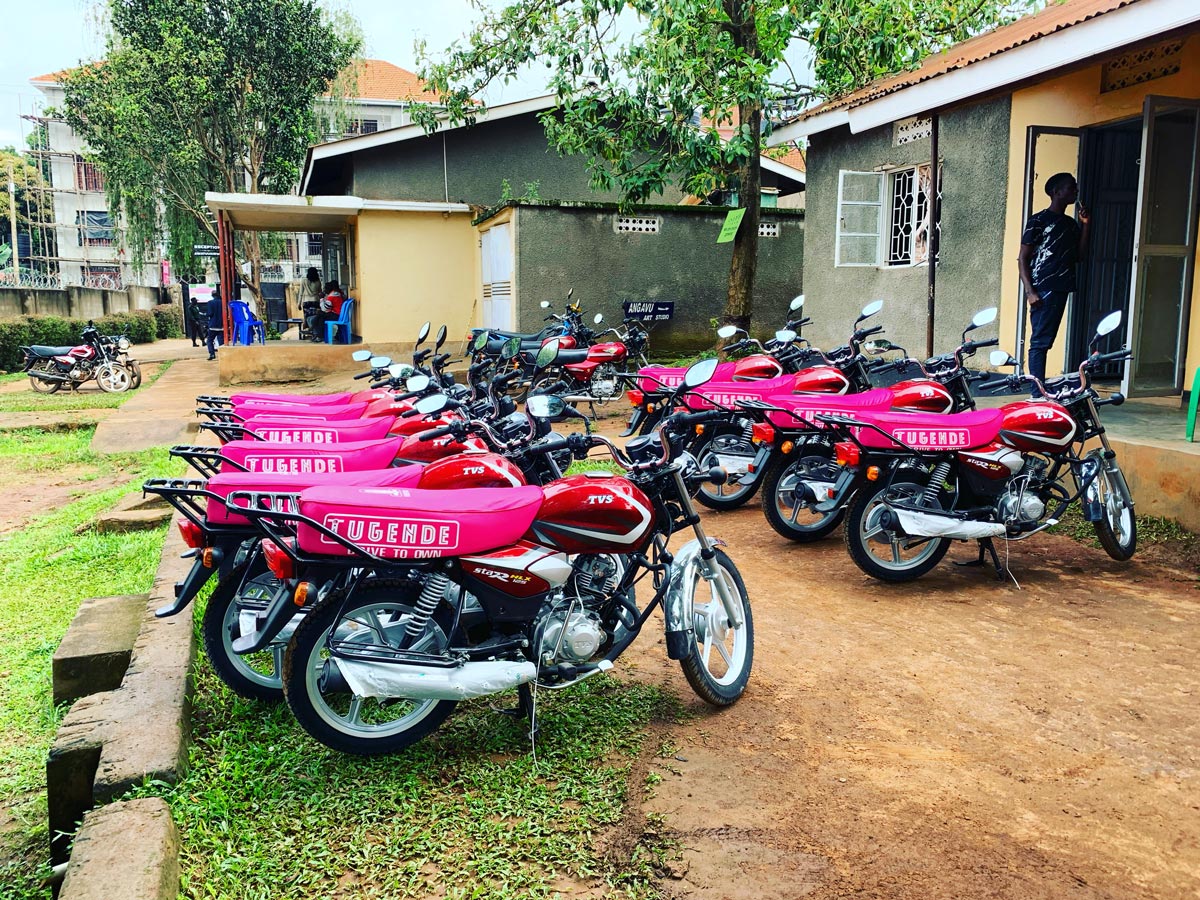Tugende, Uganda’s pioneering boda boda financing startup, has found itself in a precarious situation with its investor, Goldfinch. The startup, which holds the distinction of being Uganda’s most funded startup…
deneme bonusu veren siteler deneme bonusu veren siteler deneme bonusu veren siteler deneme bonusu veren siteler deneme bonusu veren siteler casino siteleri
deneme bonusu bonus veren siteler deneme bonusu veren siteler
flyjota.com Deneme bonusu veren siteler Deneme bonusu veren siteler Deneme bonusu


